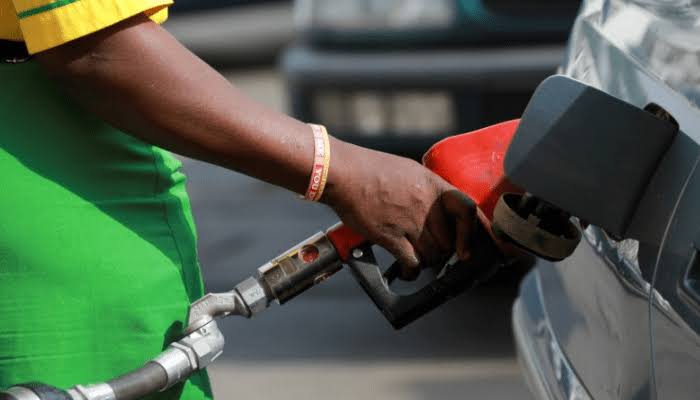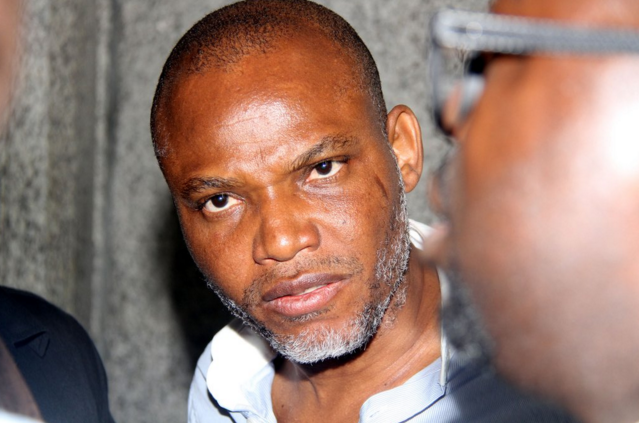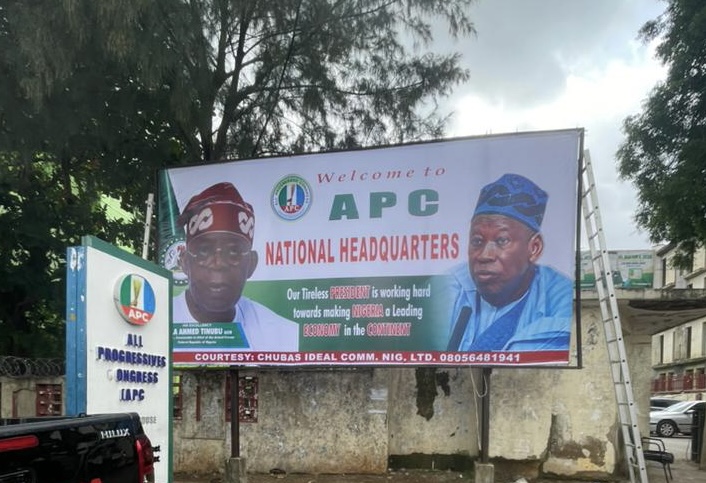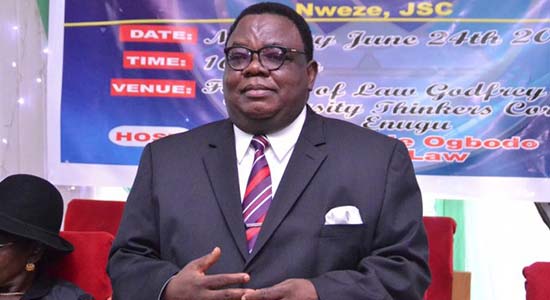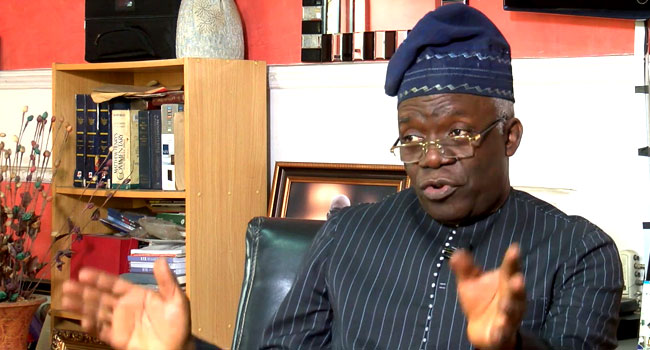Some Nigerians have asked the federal government to consider subsiding transportation and improving food production to ease the impact of fuel subsidy removal on citizens.
The citizens spoke on Thursday during a Twitter conversation organised by Enough is Enough (EiE) Nigeria, a civil society organisation, focused on promoting good governance and public accountability.
The Twitter dialogue ‘ Thursday Talks’ was tagged ‘fuel subsidy blues’, an open house engagement with citizens on the burdens of fuel subsidy removal in Nigeria.
The programme is in partnership with BudgIT, and TheCable as its media partner.
Advertisement
Speaking during the conversation, Kelvin Emmanuel, public policy analyst and economist, said the government should pay more attention to exchange rate regulations.
Emmanuel, who featured as a speaker in the conversation said the N8,000 palliative is not the solution to addressing the economic difficulties, adding that the government needs to close the gaps causing food inflation.
“Nigeria has a serious issue with food production. Nigeria has about 7 million metric tons of rice but it needs about nine to 10 million metric tons of maize which is used for animal feeds, maize flour, and cereal. It needs to produce sugar, it needs about 1.6 metric tons of sugar and dairy milk. All these are gaps causing food inflation in Nigeria.
Advertisement
“A lot of rice used in Nigeria is actually smuggled in by the general public from Niger and Benin Republic. Raising the levy as a means to discourage or ban imports of rice is actually not entirely proper and not helpful, because you have a problem of backward integration not being successful because of issues of lack of mechanization,” he said.
“The fuel subsidy removal has cost a lot of issues. Petrol prices now in Nigeria are at 78 US cents per litre. When you look at that cost in Sub-Saharan Africa, Nigeria still has one of the lowest petrol prices.
“Most of the petrol used in Nigeria is imported from Belgium and Netherlands. The landing cost of bringing petrol to Nigeria, the cost of clearance and flights and all of those axillary costs.”
‘GOVERNMENT SHOULD MANAGE EXCHANGE RATE’
Advertisement
Emmanuel said one of the most important factors the government must pay attention to is regulating the forces of capitalism and how it manages the exchange rates.
“Managing the exchange rate is going to determine what inflation is going to be like. I think last month I had said that the petrol price was going to go up and it did. And I am still expecting it to go further up somewhere around 85 or 90 cents per litre because most of the marketers who have gotten licenses don’t get any preferential treatments for going to source for USD at I&E windows.
“They need about 1.5 billion US dollars and above to be able to provide supply to the markets in Nigeria. The liquidity of FX is an issue. So I think the moves that the central bank has taken so far are good.
“Remove the official peg, the currencies floating in markets, ban the I&E market in Nigeria, some exporters are beginning to bring in FX bank into Nigeria.
Advertisement
“So for me, palliative is systemic and it’s foundational. It is not coming to give people N10,000 or N8000 monthly. Giving people cash, while it might be attractive, can give you some adrenalin rush. It’s not the solution to systemic problems because the prices of things keep going up.
“Inflation keeps rising, food inflation keeps going up because a lot of what you have are controlled by energy prices and a lot of what goes into consumer manufacturing is actually imported.”
Advertisement
‘ADOPT GAS-POWERED VEHICLES’
Commenting on the issue, Oluwasegun Olajuwan, a Twitter user, said Nigerians need to be sensitised on the adoption of gas-powered vehicles for public transportation.
Advertisement
Olajuwon asked the government to provide a better transportation system that is not defined by class or living standards.
“This fuel subsidy removal has really brought out a lot of things in terms of how easy transportation should be managed,” he said.
Advertisement
“A few years ago, just before 2020, I remember we were part of those that delivered gas-powered vehicles, you see, the petrol price was like something we all knew was going to happen but the question is how prepared are we?
“The petrol is going to get to N1,000 per litre, and there would be more difficulties. The question is, do I need to drive my car or just use a means of public transport? We don’t even have good public transport.
“Subsidy removal is just something that is going to teach us a lesson and unfortunately, a lot of people would have to suffer for it.
“To reduce working hours from five to three days a week to allow people get used to the situation of things. The petrol price didn’t just move double, it went almost four times the price.
“People say gas-powered vehicles are dangerous, it’s the education and awareness to introduce gas-powered vehicles to substitute what we have with public transportation.”
‘PALLIATIVES NOT SOLUTION TO HARDSHIP’
Also speaking, Segun Offiong, another Twitter user, said the palliative is not needed if the government can use the money to bring a solution to the fuel problem.
“When I saw that the bills were going up, I called my wife and children, ‘don’t put on this light’, I had to strategise, we could see how the cost of energy went up and we needed to strategise because we are spending too much.”
Other citizens raised concern over government’s approach to the fuel subsidy removal, adding that energy costs, education electricity should be subsidised to support the citizens.
Add a comment
